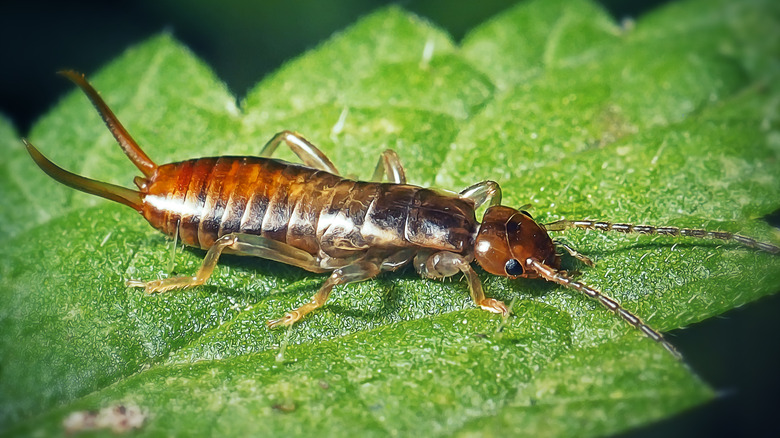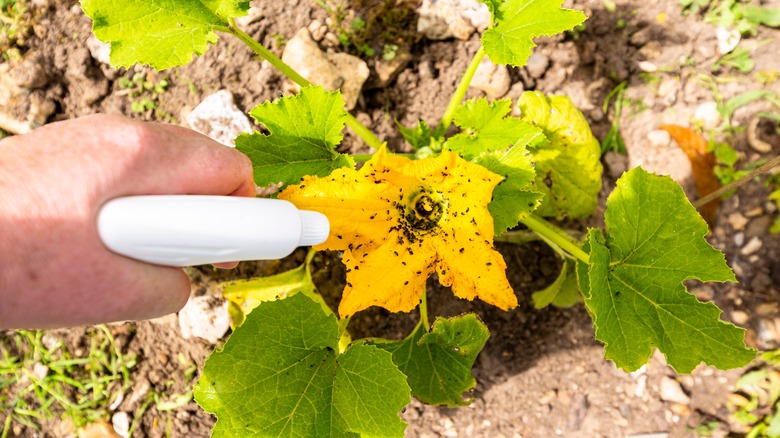Banish Earwigs With This Powerful Two-Ingredient DIY Solution
Earwigs (order Dermaptera) are nocturnal insects recognizable by their cerci or pincers located at the end of their abdomen. Measuring between ½ to 1 inch, these reddish-brown or black insects may seem innocuous; however, their presence can pose a significant threat to your lawn and garden. To combat the challenges posed by earwigs, gardeners use various methods, ranging from using chemical insecticides to natural predators. One lesser-known but effective solution is the use of rubbing alcohol mixed with water.
Being omnivores, earwigs consume a variety of plant materials and insects, making them a possible threat to your goal of cultivating thriving plants. While earwigs play the beneficial role of being the predators of harmful pests like aphids and mites, they are notorious for feasting on the shoots, flowers, and fruits of plants. What makes earwigs particularly challenging to eradicate is their rapid reproduction and adaptable feeding habits (they are also scavengers that feed on decaying matter). Gardens provide an ideal habitat for earwigs due to the abundance of hiding spots in mulch, debris, and damp soil during daylight hours. Their preference for moist environments makes them resilient, but the rubbing alcohol solution is still strong enough to stop an infestation in its tracks.
Signs of an earwig infestation include visible damage to plants like irregular holes in leaves and missing flowers or fruit. Their presence under rocks, logs, or in other concealed areas during the day is another clear indicator. You may also observe small, dark excrement pellets near damaged plants.
Using rubbing alcohol to eliminate earwigs
Rubbing alcohol mixed with water stands out as a potent and versatile tool against earwigs in lawns and gardens. The high volatility of the solution and its ability to penetrate the protective exoskeleton of insects make it a quick and efficient earwig annihilator. When sprayed directly onto earwigs, this rubbing alcohol solution dehydrates and kills them rapidly, disrupting their reproductive cycle. However, it's crucial to exercise caution when using rubbing alcohol, as it may have adverse effects on plants, causing burn-like injuries. Before widespread application, conduct a small-scale test to ensure compatibility. To apply, mix rubbing alcohol with water in a ratio of 1:1 and use a spray bottle for targeted and controlled distribution.
While rubbing alcohol provides a temporary solution to an earwig infestation, achieving long-term success involves addressing the root causes. Improve garden drainage to eliminate damp environments, trim vegetation to reduce hiding spots, practice garden hygiene, and introduce natural earwig predators like birds and frogs or good garden bugs like spiders. Regular monitoring and a holistic approach will ensure a thriving lawn and garden, free from the persistent presence of these garden pests.

